Artificial intelligence – the future of business and a new way of approaching our daily lives – is increasingly a balance between the physical and the digital. Looking at the post-Covid19 era and a changing society, AI really seems to be the key to success, sustainability and even a new way to access credit. In an era where companies need liquidity and people need ever simpler, faster and more effective financial services with a better user experience, artificial intelligence applications are the most effective solutions to meet the different needs of the market.
In this context, however, especially when it comes to finance, you have to act with great caution and knowledge of the facts. While digital acceleration offers great opportunities, at the same time we cannot ignore the risks it brings. This is a topic we wanted to discuss with Alessandro Monico, expert.ai’s VP of Sales, Corporate Division, who, will be taking part in the upcoming Milan Fintech Summit (October 4 and 5, 2021). In this discussion, he explained the fundamental assets to consider, the challenges to be faced and the advantages to be seized when approaching the universe of artificial intelligence.
Monico, what are the real challenges that must be addressed today in order to adopt AI?
“The real challenge is to identify the business areas that are targeted for improvement through AI. Often, companies identify targets that aren’t easy to address. In this sense, it’s important to conduct an initial screening to identify potential points of interest. Next, you’ll need to prioritize in terms of feasibility versus difficulties. Some target areas may be feasible, but difficult to implement. It is best to approach areas that can provide immediate results with a certain level of feasibility and based on a progressive approach. AI should always be considered as a real means to achieve good goals. In this sense, it is necessary to select the right technologies for the target areas in relation to the goals. A false myth that needs to be debunked is that there are technologies that are good for all seasons, but this is not the case.”
Expert.ai, for example, deals primarily with Natural Language Understanding, an application of AI that is increasingly being utilized to interpret customer needs quickly and effectively. Where you have seen a lack of awareness on the part of Italian companies?
“I would start from the opposite point of view to look at where there is more awareness. Historically, in operations, customer service and backoffice segments, we’ve been able to create more understanding about the value of adopting our solutions. Whereas in the segments more closely tied to revenue generation, we’ve always struggled more. For example, a case very close to the Fintech world is that of insurance, where the underwriting process makes little use of new technologies, because it is less based on algorithms and more on structured data. However, there are many document-intensive processes in this area that still rely solely on the work of operators who then produce KPIs to feed into the systems, which could instead be improved or facilitated by introducing processes that can provide analysts what they need to support insurance practices. This is true for the insurance sector, as well as for granting loans and banking products or services, thus simplifying contracts that are normally subject to great complexity.”
What are the business benefits of adopting natural language understanding systems?
“Essentially there are two. The simplest is that it increases the productivity of existing processes, allowing the company to scale more quickly without the need to increase staff, and also avoiding the problem of finding skills that, in certain environments, are still difficult to find. In this way, being able to make a system perform repetitive tasks helps people focus on their more specific skills, emphasizing the theme of streamlining processes to make them more scalable. The second theme, especially in the Fintech world, is to put artificial intelligence systems at the core of one’s business model, finding segments where AI brings an advantage in the core process of this proposition. This is a focal point where Fintech could have its key to success, concretely helping AI to place itself at the center of business ‘idea’ processes.”
AI is often thought of as a way to reduce staff, but from your last response, then, can we infer that if you change the approach, you can also succeed in transforming the business model paradigm?
“Yes, and this is the key reason why we at expert.ai are also changing our paradigm. Our technology has always been very close to computational linguistics, so, just for professionals. We were transforming the business idea into an AI system, but to scale this activity, we are trying to make our technology available to everyone, bringing it closer and closer to business analysts so that those who actively involved with the business can understand how they can achieve better results and performance by using this technology.”
In this sense, what will be the main skills needed to manage the adoption of these AI systems?
“There are soft and hard skills. In my opinion though, the primary value is human intelligence. You can certainly rely on AI, but only if you have performed a deep analysis of your business, precisely assessing your processes. Only people can do this. Those same people must also have a minimum of technological curiosity that allows them to approach innovation in the right way. Then, there are the hard skills that are most often possessed by professionals such as data scientists or data analysts. People with more vertical skills that implement solutions on the ground. Having said that, the most important mistake I see in companies today is asking data scientists to find a solution to everything. If you don’t provide direction driven by studies of the market, their business and processes, no solution will be possible. This is an example of how the two worlds must coexist, where the first cannot be separated from the second and vice versa, making one a continuation of the other. It’s important that those who deal with the business and those who deal with the development of AI systems always sit at the same table and work together from the beginning.”
So, is collaboration essential?
“Absolutely. Where there is this sharing you get results. On the other hand, if everyone sticks to their own competencies, you don’t get good results. Parceling out expertise is about as wrong as it gets.”
This siloed scheme is often seen in the Fintech world, especially in the activation of those open innovation processes that are increasingly on the agenda in the financial services and banking world. What are your thoughts on this?
“The good thing about fintechs is that they are born to solve specific problems which, if they become scalable, offer enormous opportunities. In fact, there are many fintechs that may find it difficult to evolve themselves because they cannot scale up within a correct ecosystem when they access to an open innovation program and consequently they cannot be incubated or acquired by larger companies that can make them grow. The important thing, however, is that these startups make their skills available to partners and, conversely, the partners have the humility to accept the goodness of these skills. Just in this way they can grow together getting real benefits from open innovation.”
What might be the trends to monitor in the AI world for staying competitive and resilient in the future?
“I don’t like to tie myself to the “waves” of the moment. For me, the important thing is to stay “open” while also keeping an eye on current trends, especially the most concrete trends. So in our world, what we are seeing, and what has become our mantra, is the increasing importance of having a hybrid approach, based on distinctive skills that should not be distorted in order to be able to express themselves in new models.
As expert.ai we historically focused on natural language. As our approach evolved, combining our core competency of semantic analysis with other AI-based techniques, including machine learning and new technologies, approaches and algorithms that depend on our distinctive capabilities, has made us an “open platform” that is still tied to our classic environment.
The most important thing is to leave a window open to the world, so that we can improve or extend the delivery capabilities of the platform, while at the same time remaining open to new things and applying hybrid approaches to our strategies as much as possible.”
From your special observatory, Italy and Italian companies are ready for this technology? And if not, what does need to be done to approach this technology in the best way possible?
“As long as technology in companies continues to be in the domain of people who deal with technology on a daily basis, it will be difficult to impact the pace of change. In that sense, until AI or Fintech companies are able to look at technology with a wide-ranging view, there will not be an enabling factor in the final execution of this strategy. Instead, the more you can create dialog between IT and business where these two crucial elements can communicate, the more successful you will be. In a country system, it is also necessary to bring the political side to the table, which must also look at these elements with a critical eye, identifying the strategic areas, such as Fintech, to be addressed with the support of technology and approaches in order to become increasingly agile and open. I believe that in Italy we are not in such a bad situation, compared to other countries, because we have a lot of human intelligence, but we don’t often work as a team. We have many skills, but we don’t always manage to combine them toward a common goal. Other countries have been more successful in creating a system. In Italy, it is difficult to get initiatives off the ground by teaming up at the national level, and this inevitably penalizes us at the international level.”
To approach AI in the best way, therefore, is it necessary to invest more in business culture rather than technology?
“You can invest in technology, of course, but if there is no supply chain that allows the development of this adoption and therefore the concrete return on the investment itself, you will never achieve good results. If there is no supply chain, there is no growth and no scale. It is important that startups are included in established supply chains right from the start, otherwise they will not be able be successful in growing our economy.”
















